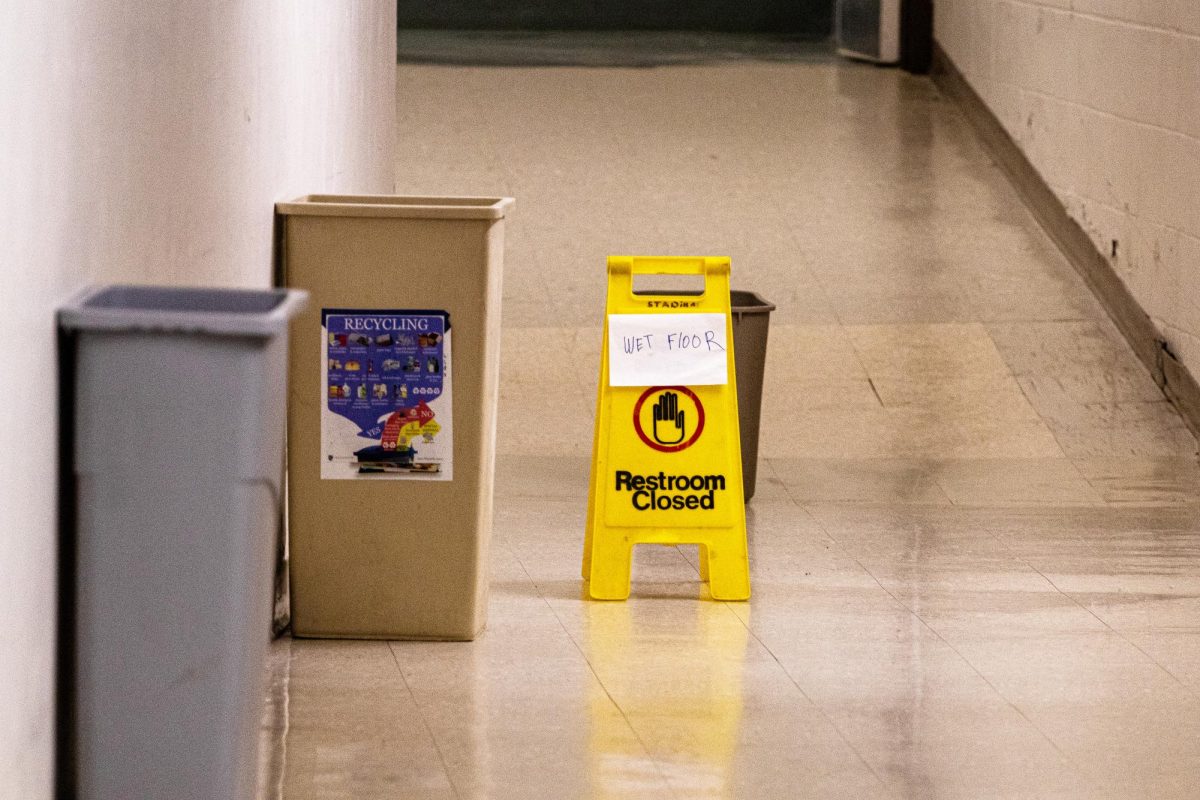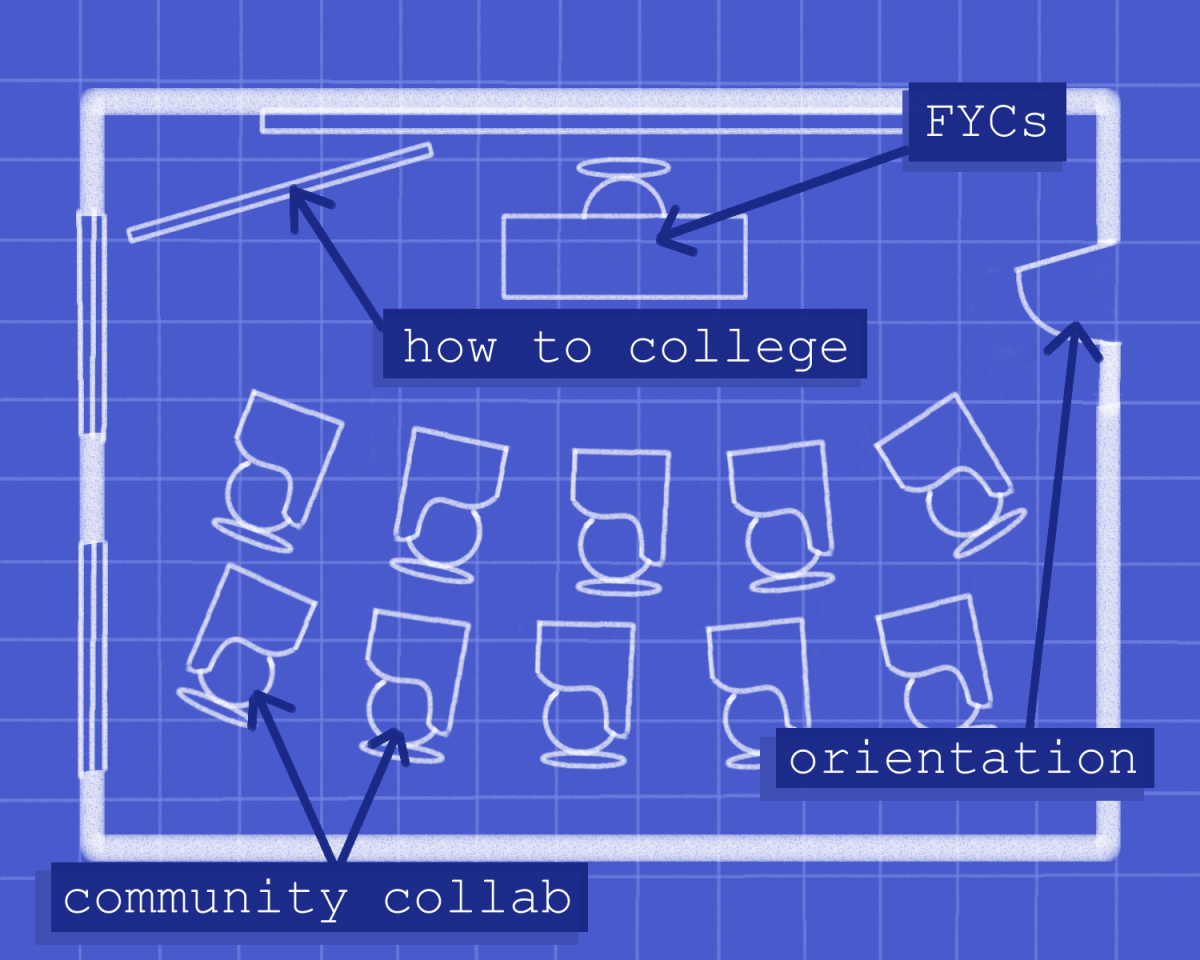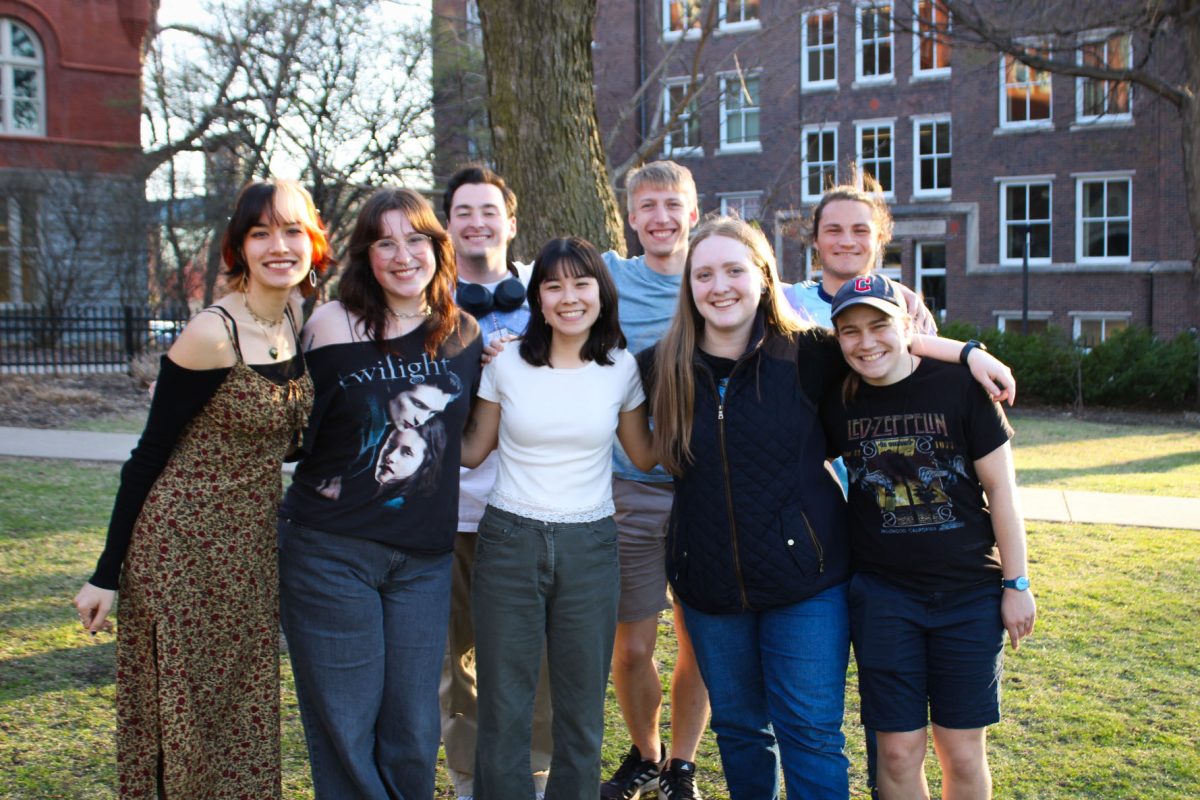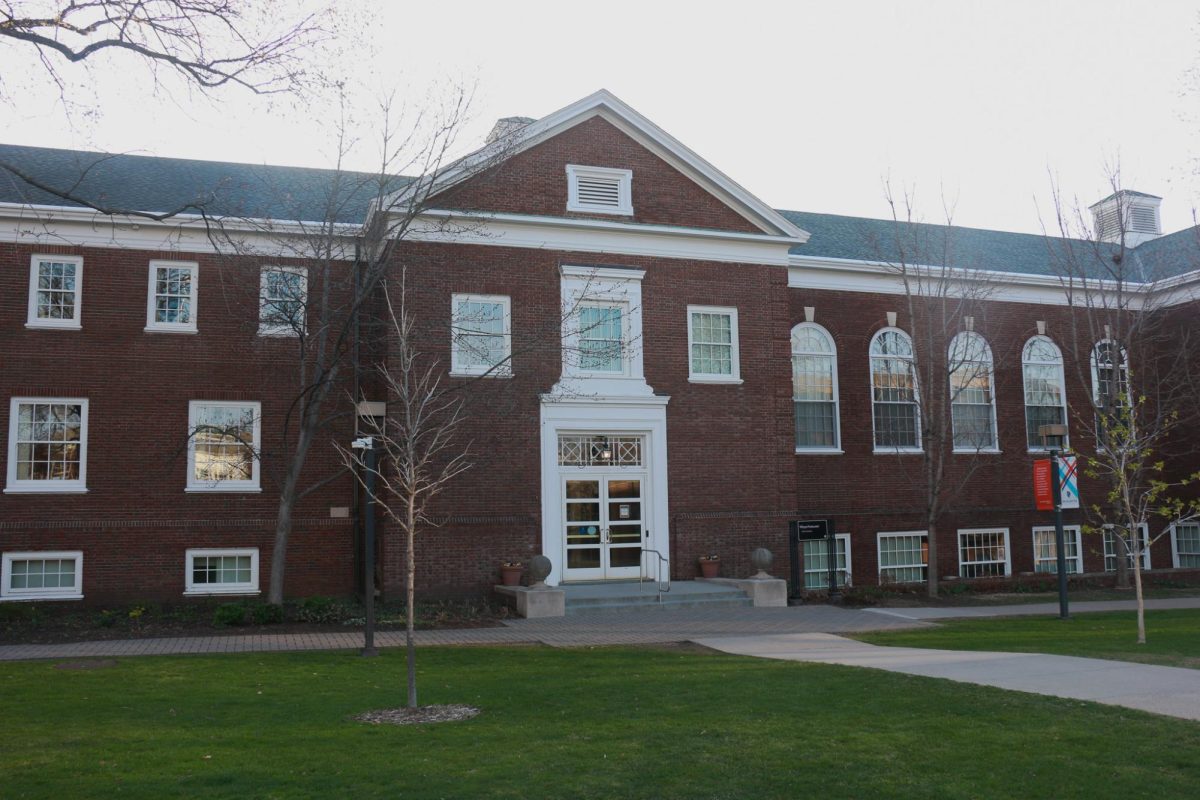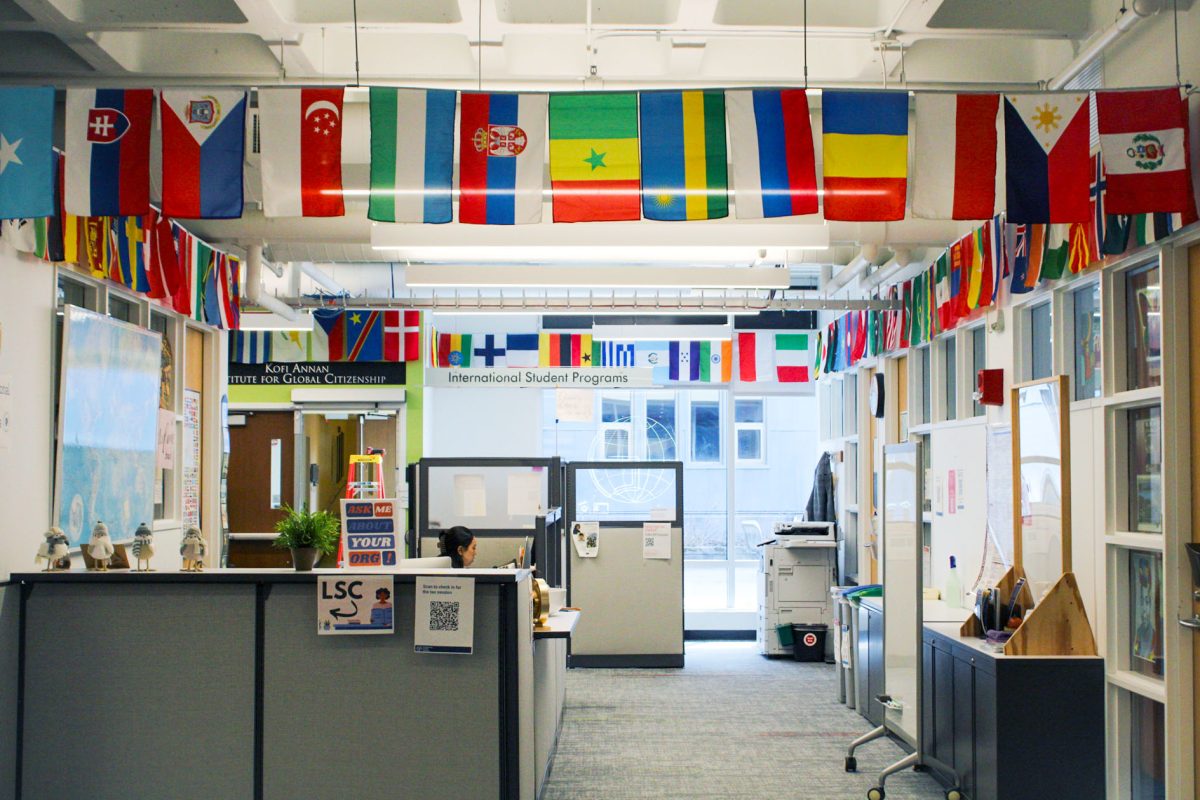“When we went below the Wadi Gaza line, there were 35,000 internally displaced people living alongside us,” Emily Callahan, a Doctors Without Borders (MSF) nurse said in an interview with BBC. “There are four toilets for 50,000 people, and that’s where we were living too. They have fresh open burns and wounds and partial amputations and are just walking around in these conditions. Parents are bringing their children to us, saying ‘please can you help’ and we have no supplies.”
According to the World Health Organization, 1.8 billion people live in conflict zones worldwide. Amid the fog of war, access to medicine is often neglected as health systems and medical supply chains collapse. International humanitarian law requires that all parties both allow and facilitate the distribution of humanitarian aid. Yet, blockades and failures to pause violence force the suspension of life-saving surgical activities as medical supplies run out.
Not only is there material destitution, but a poignant lack of professionals as well. Healthcare providers and staff are often forced to flee alongside the rest of the population — Callahan among them.
“There were children with massive burns down their faces, down their necks all over their limbs,” Callahan shared with the BBC. “And because the hospitals are overwhelmed, they are being discharged immediately to these camps with no access to running water.”
In Sudan, an ongoing humanitarian crisis has caused an exodus of health workers. In Sudan’s conflict zones, only one third of hospitals are operating, leaving the population without essential health services such as obstetric care, emergency services and dialysis.
Electricity and clean water are unavailable in many conflict zones. There is a breakdown of social and economic systems, leading to starvation and high risk zones for epidemics.
“Displacement often puts people in overcrowded, unsanitary conditions without access to food,” Professor Wendy Weber, former chair of the human rights and humanitarianism concentration at Macalester, said. “Without access to clean water, you raise exponentially the risk of diseases. For example, in Gaza there are concerns about water borne diseases like cholera because folks don’t have access to clean drinking water.”
Hospitals face diminished capacity for accepting patients while there is higher need for healthcare services. Improper access to nutrition can exacerbate pre-existing conditions and make the population more susceptible to disease, demanding more from crippled medical systems where resources are severely limited. The sheer volume of health emergencies can overwhelm a weakened health system in crisis zones, and as supply chains break down, scarcity kicks in.
“Medicines become unavailable as doctors and pharmacies run out of the things that people need,” Weber said. “In Gaza, painkillers are in increasingly short supply, so there are people that are having limbs amputated without anesthesia. There are women who are having babies with c-sections without any kind of anesthesia pain management.”
Wounded soldiers and civilians may “crowd out” resources, so that other health risks fall lower on hospitals’ triage lists.
“If you gear up for full and total war against your enemy, you have to keep your population healthy,” Professor Andrew Latham, professor of political science, said. “But the resources are going in a different direction; you have to keep your military healthy first of all.”
In 2022 alone, over 1000 confirmed attacks on health care took place in emergency-affected countries and fragile settings. In Sudan, Gaza and Ukraine, hospitals, ambulances and healthcare providers are under siege. Although humanitarian law prohibits the targeting of medical centers or other civilian locations, some may claim that these healthcare facilities are close to military targets. There are few repercussions for breaking these humanitarian laws, or actively preventing civilian access to medical care and humanitarian aid.
“One of the big challenges is that even though we have these laws to protect medical personnel and facilities, they are not respected,” Weber said. “In a host of conflicts, we’ve got parties blatantly violating the rules.”
The lack of security for civilians can present an obstacle to evacuation or healthcare access. Dr. Sharmila Shetty is the Vaccines Medical Advisor with MSF, an international non-profit that offers medical supplies and services in crisis zones.
“During conflict, everyone leaves, including medical personnel,” Shetty said. “They don’t have enough people providing medical services, and that’s an example of where MSF will come in to fill that void.”
While violence may push many health professionals out of the crisis zones, others stay behind despite the high risk to themselves.
“The people who stayed behind are heroes,” Callahan said. “They know they’re going to die, and they stayed behind anyway, out of loyalty to their community.”
Humanitarian NGOs also do their best to replace the vacated medical roles and serve the most vulnerable crisis zones. While crises and their aftermaths continue to wreak havoc across the globe, there are still those who find a way to take action. According to Shetty, students play an important role through educating themselves and others.
“Number one is to educate yourself about the things going on around the world … and provide support to humanitarian organizations like MSF or other organizations that provide health care or aid to populations in need,” Shetty said. “That’s the easiest way to provide meaningful support.”


